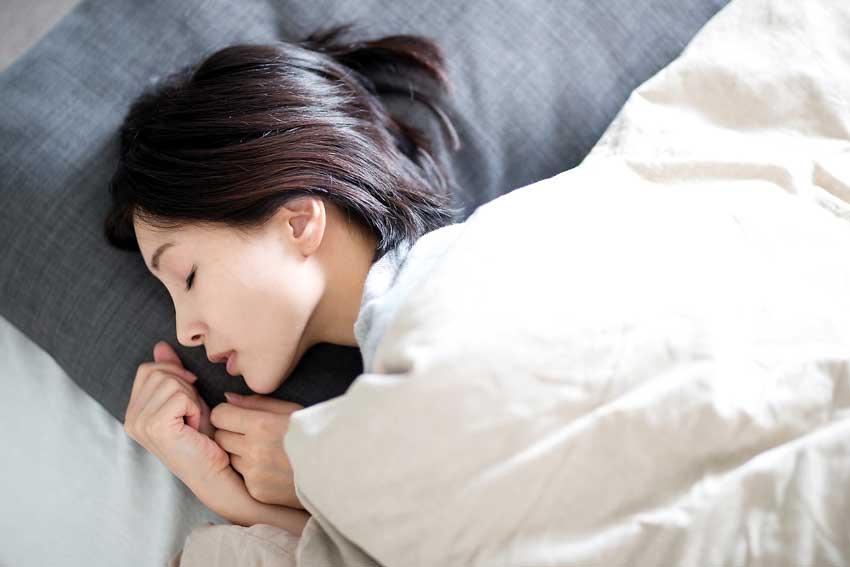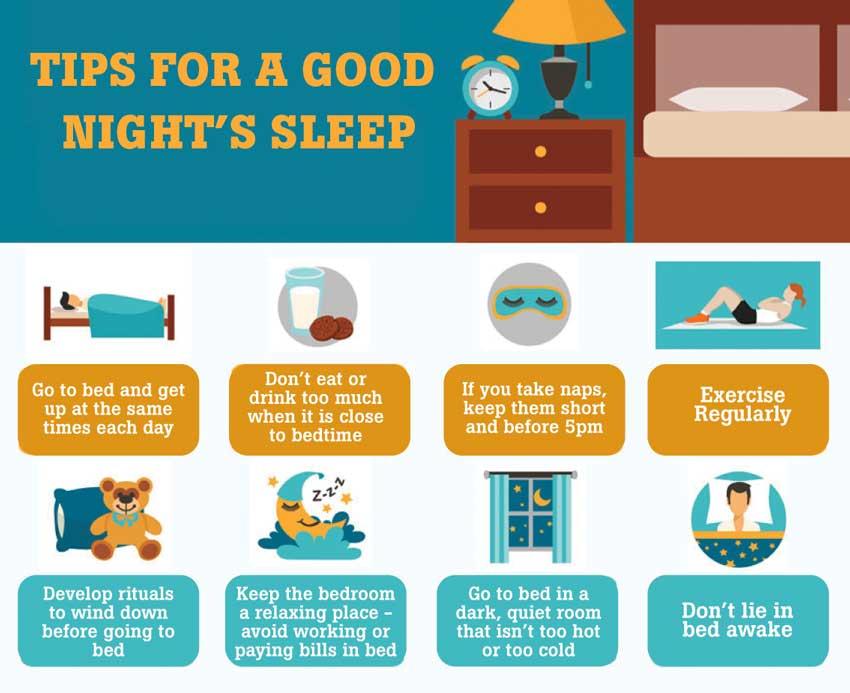Reply To:
Name - Reply Comment

 Sleep is a vital component of the daily routine which has a direct impact on our overall wellbeing and longevity. A better night’s sleep allows one to restore the equilibrium of his or her body by helping to reset and fine tune the normal functioning of the systems. Not only does it help to boost one’s physical and psychological strength adequate sleep aids in maintaining immune functions and wound healing, correcting metabolic and hormonal glitches of the body, consolidation of memory as well as in preservation of our emotional stability.
Sleep is a vital component of the daily routine which has a direct impact on our overall wellbeing and longevity. A better night’s sleep allows one to restore the equilibrium of his or her body by helping to reset and fine tune the normal functioning of the systems. Not only does it help to boost one’s physical and psychological strength adequate sleep aids in maintaining immune functions and wound healing, correcting metabolic and hormonal glitches of the body, consolidation of memory as well as in preservation of our emotional stability.
Science behind sleep
Sleep and wakefulness are controlled by two systems; the sleep drive and the circadian rhythm of the body or the ‘biological clock’ functions in a 24 hour recurring rhythm. The sleep drive decides on the quantity and intensity of sleep that you might need based on the hours you have stayed up. A chemical known as Adenosine is produced and added up into the body while we are awake - rising levels of this compound increases the sleep drive. The biological clock is often affected by environmental cues such as light and darkness. This circadian rhythm controls the release of several chemicals to your system to a rhythm. Melatonin is such a hormone that signals the body to prepare for bedtime. One would end up having trouble falling asleep or staying asleep when the rhythm of the biological clock is out of sync and these chemicals are in imbalance.
Lack of sleep and health risks
Sleep related problems are a marginalised entity in the field of medicine and most people would opt to seek medical advice only when these issues impose a significant negative impact on their day to day lives. Sleep deprivation can make one prone to medical conditions such as obesity, diabetes and heart disease and precipitate psychiatric conditions such as depression and substance abuse. Excessive sleepiness along with reduced alertness has also led to a marked increase in automobile accidents and occupational injury. Poor sleep and drowsiness increase the chance of falls and fractures in the elderly population.
An adult needs an average of at least 7 hours of sleep in order to maintain optimum functioning of the body
Sleep hygiene
Sleep disturbances can be efficiently managed by means of behavioural regimes combined with the treatment of any underlying condition. Sleep hygiene refers to such behavioural and environmental factors preceding sleep that improves the ability to fall asleep and stay asleep. The term ‘sleep hygiene’ was coined decades back after understanding the link between insomnia and poor sleep habits. These minor lifestyle and environmental modifications could drastically improve the quality of one’s sleep.
Consistent sleep schedule
The need for sleep may vary across age groups and get impacted by one’s lifestyle - yet studies have shown that an adult needs an average of at least 7 hours of sleep in order to maintain optimum functioning of the body. Have a set time to go to bed and wake up in the morning - sticking to consistent sleep hours would programme the brain in such a way to help in smooth functioning of the biological clock.

Fight brain clutter
Stressful lifestyles along with constant ruminations and agitation can push one into a sleepless void. Having a clear mind without any distractions is a necessity in order to get a sound sleep. Carrying out relaxation or breathing exercises, listening to gentle hypnotic music, reading a book or even trying out light yoga stretches can help one to ease out their tensions to ensure a good quality sleep.
Manage the light and electronics
Bright lights emitting from lamps and electronics can reduce both length and restorative depth of sleep since it can interfere with the release of Melatonin, which is considered as the sleep-inducing hormone of the body. It is also essential that one gets adequate exposure to natural light during the day. Dimming the lights of the room and avoiding use of electronic devices such as mobile phones and laptops at least 30 minutes prior to sleep would aid to maintain a healthy sleep-wake cycle.
Watch what you eat and drink before bed
Having heavy meals rich with fats and spices just before nap time could trigger indigestion and heartburns for some people; which would indefinitely disrupt their sleep hours. Alcohol can alter the natural flow of sleep and cause one to have a much restless sleep and wake up feeling fatigued. It is also necessary to steer clear of any stimulants such as caffeinated drinks at least 6 hours prior to bedtime which would otherwise leave you wide awake at night. Milk products contain Tryptophan - which is considered as a sleep inducing amino acid and having a warm glass of milk just before bedtime can be a comforting way to unwind before sleep.
Cues for a sound sleep
Restricting day time naps could also help one to drift off to sleep without much effort at night. However, a short nap of 20 to 30 minutes can help to improve the mood and alertness during the day. Sleep environment also plays a huge role in determining the length and depth of one’s sleep. Studies have shown that getting to sleep in a quiet and dark bedroom with a cool and comfortable temperature could help one to have a much relaxing sleep. A warm bath just before bedtime could also help your body to reach a temperature ideal for resting. Having a regular exercise routine during day time also creates a substantial effect to get a good quality sleep.
Improves quality of your life
Getting proper sleep can immeasurably make your life better. Your routine to maintain proper sleep hygiene depends on what works for you and it is essential to stick to such practices to help you unwind before bedtime. It is advised to seek medical attention if your sleep related problems persist despite these behavioral and environmental changes in order to manage any underlying medical condition that may be the root cause for poor sleep.
The writer is working at the
Department of Parasitology,
Faculty of Medicine
University of Rajarata